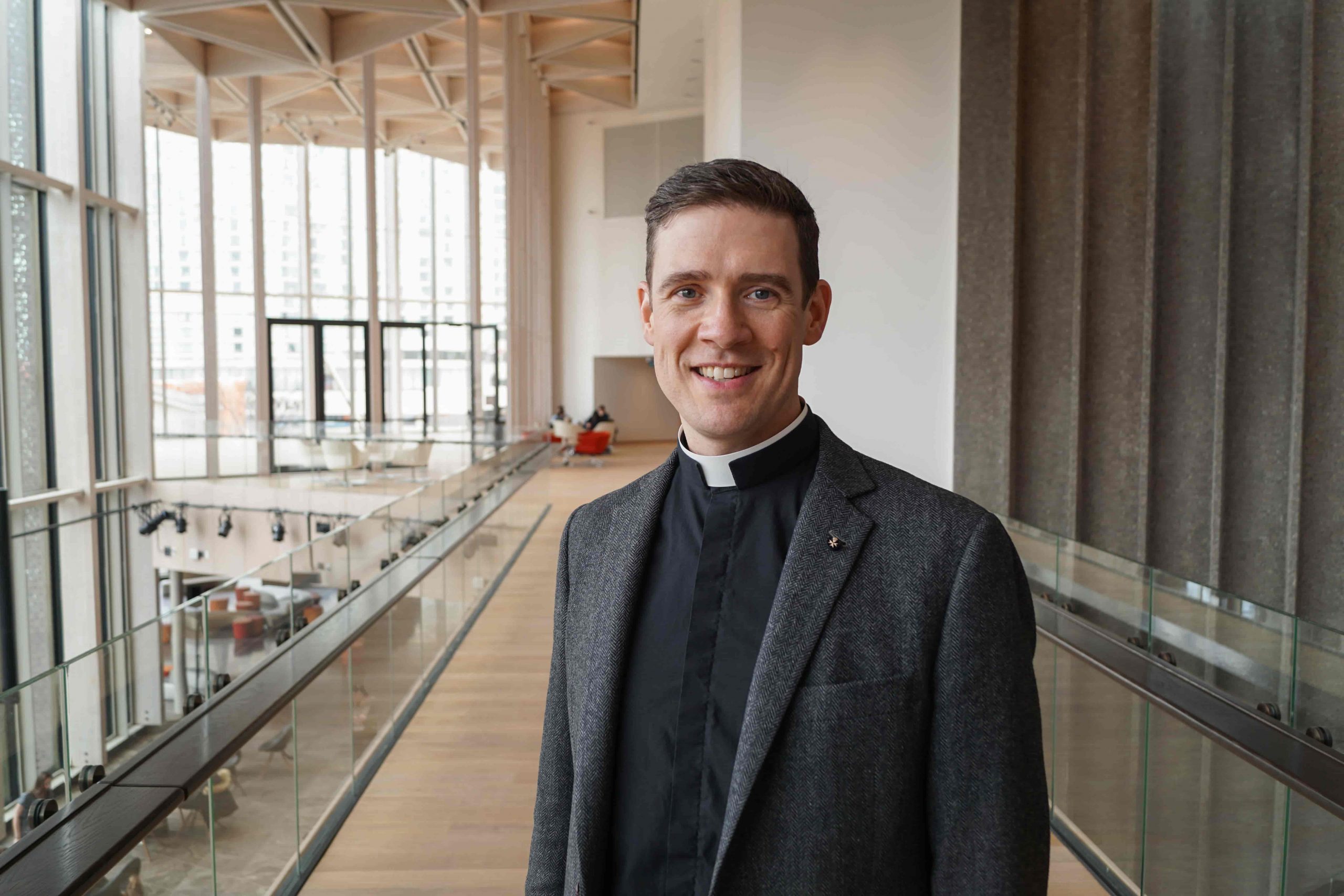July 1, 2010: Our poetry contest is now closed. Look for the winners in the Fall 2010 issue! All participants will be contacted near the end of July 2010. Calling poets! Comment Magazine's second-annual "Making the most of college" poetry contest runs until July 1st, 2010. The question: How does a 21st-century education lead you to respond to a 19th-century visionary? Write a sonnet which interacts in some way with Percy Bysshe Shelley's "Ozymandias"—a refutation? an update? a round of applause? Imagine the poem afresh for university students 2010-11. I met a traveller from an antique land Who said: "Two vast and trunkless legs of stone Stand in the desert. Near them on the sand, Half sunk, a shattered visage lies, whose frown And wrinkled lip and sneer of cold command Tell that its sculptor well those passions read Which yet survive, stamped on these lifeless things, The hand that mocked them and the heart that fed. And on the pedestal these words appear: "My name is Ozymandias, King of Kings: Look on my works, ye mighty, and despair!" Nothing beside remains. Round the decay Of that colossal wreck, boundless and bare, The lone and level sands stretch far away.Eligibility: open to all (not only students) File Formats: please submit as Word .DOC attachments Multiple entries allowed: yes, limit of two First-place winner takes $100 CDN and the p. 1 poem in our Fall 2010 print issue. Second- and third-place runners-up also get published later in the Fall issue.

Comment launches 2010 poetry contest
May 28, 2010

Gideon Strauss on “Justice is not Optional”
Senior Fellow Gideon Strauss at Gordon College, on "Justice is not Optional" Watch Gideon on YouTube here.
May 5, 2010

Introducing the Cardus Centre for Cultural Renewal
It is a rare occurrence when two organizations can blend their collective strengths into a vibrant new entity while maintaining the unique characteristics created by their history. Such an event takes place this month when Cardus and The Centre for Cultural Renewal join forces to create the new Cardus Centre for Cultural Renewal. Under an agreement based on shared values and respect for philosophical autonomy, Cardus will become the parent organization while the Cardus Centre for Cultural Renewal will continue to offer signature programs such as Lex View, Centre Points and the annual Hill Lecture. The relationship will be akin to that of a university and a research institute operating under its aegis. The Centre for the Cultural Renewal (CCR) has a well-known track record years arguing for the importance of religion to culture and culture to religion. Since 1993, through the disciplines of philosophy, politics, media and law, the CCR historically brought together the best intellectual minds to generate ideas that have consequences. The result is a set of arguments with gravitas and intellectual capital used successfully with the Supreme Court, in Parliament and by countless cultural influencers and commentators. Beginning in 2000 Cardus, formerly the Work Research Foundation, has established an impressive body of work engaging culture through social architecture. Working outward from the analysis that civic, cultural and economic flourishing requires a new and innovative arrangement of our social institutions, Cardus is generating and incubating a set of ideas that will renew civil society. At Cardus, renewal comes from a strongly held conviction that economic, social and religious matters deeply influence each other and are ignored at our peril. A healthy and robust civil society is the product of wise institutional cooperation. Cardus and the Centre for Cultural Renewal have been on parallel journeys for a decade. They will now formally marshal their collective resources, pool their influence, social and intellectual capital and work with even greater efficiency and effectiveness to realize the vision that unites them. What each does well, it will continue to do. What both can do better together is the unifying journey that begins now. In a marketplace of ideas dependent on the generosity of patrons, it is appropriate that like-minded institutions join forces to avoid duplication of initiatives, guarantee effective use of financial commitments and ensure proper stewardship of contributions in time, energy and good will from donors and supporters. Bringing the fresh strength of one out of the efforts of the many requires critical care, however, to protect and promote the best of each organization’s legacy. It is a first principle of the Cardus Centre for Cultural Renewal that we will draw on the wisdom of earlier work, and the intellectual traditions of both organizations, in building a sure means for the cultural engagement ahead. Thank you for your past support, and in advance for future partnership. Michael Van Pelt President, Cardus Peter Stockland Director, The Cardus Centre for Cultural Renewal
April 30, 2010

Cardus’ Analysis of 2010 Canadian Federal Budget: Long-Term Talk Masks Short-Term Thinking
OTTAWA, March 4, 2010—Ray Pennings, Director of Research for Cardus, expressed concern that although today's federal budget rightly focuses on returning the books from deficit to surplus, it pays too little attention to imminent deficits in elder care, charitable service and broad social architecture. "It's a good budget, but it's not visionary," said Pennings. "Canada will begin facing down critical problems in the coming decades that need bold fiscal leadership, and by that standard, today's budget is focused too much on short-term physical stimulus, and not enough on helping institutions outside of government build capacity for providing critical services over the long term." Cardus released its analysis of the federal budget asking three core questions: 1. "Has the Economic Action Plan provided value for money?" In general, the Action Plan has enabled valuable updating of our physical, transportation and educational infrastructure that will reap positive rewards in the future. It has done so without any indications of significant fiscal mismanagement-no small achievement for a quickly-executed program of this magnitude. 2. "Will the plan to rebalance the books still pay to maintain our social and physical infrastructure?" The budget fails in this regard. While it acknowledges the impact of demographic challenges as it affects its own transfers to provinces, it ignores the impact this same trend will have on social services, labour supply, elder care and other spheres. The failure to include any significant measures encouraging the institutions of civil society to build capacity to address these needs is a significant mistake that will exacerbate long term problems. 3. "Are the plans for economic growth credibly taking into account the known demographic changes which are facing our country?" For the most part, this government is relying on tinkering with the status quo to achieve economic growth. While this is certainly preferred to a strategy of government trying to "pick winners and losers," it does not address the significant future challenge of a shortage of workers and taxpayers that cannot simply be solved by markets. Cardus' analysis not only calls into question some of the government's long-term projections, but also urges greater attention on the inevitable economic and social impacts of the demographic crisis. "The short-term strategy is a prudent check on stimulus," concluded Pennings, "but dealing with Canada's long-term economic and social challenges have been left for another day." -30- Media Contact: Ray Pennings (403)479-4590 rpennings@cardus.ca A copy of the proposal and background paper is available at http://go.cardus.ca/budget2010.
March 4, 2010



